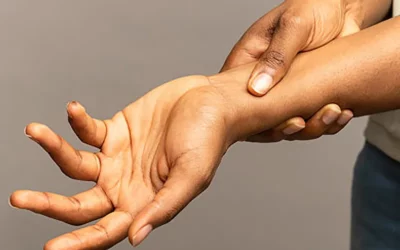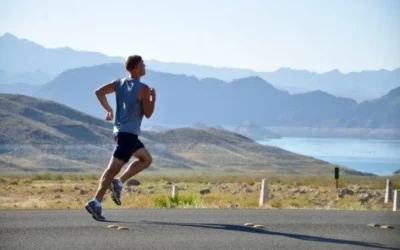As a physical therapist, I often see clients struggling with the discomfort and limitations caused by Carpal Tunnel Syndrome (CTS). While many focus on alleviating the symptoms, it's essential to...
Blog
Understanding Whiplash: Prevalence, Presentation, and Long-Term Effects
Whiplash is a common injury, often associated with car accidents, but it can also result from sports injuries, falls, or any sudden impact that causes the head to jerk violently. Understanding the...
Understanding Pickleball Injuries: The Role of Mobility, Biomechanics, and Core Strength
Pickleball, a sport growing in popularity for its accessibility and social appeal, offers a fun way to stay active. However, like any physical activity, it comes with the risk of injuries....
Understanding Urinary Incontinence: Common but Not Normal
Urinary incontinence, particularly postpartum and post-menopausal, is a condition many women experience. Despite its prevalence, it is important to debunk the myth that urinary incontinence is a...
Optimize Your Workstation: The Essentials of Posture and Ergonomics
In today’s fast-paced work environment, many Americans find themselves spending long hours at their desks. On average, Americans work around 47 hours per week, which can significantly impact their...
The Relationship Between the Jaw and Pelvic Floor
As Physical Therapists who care about finding the root cause of dysfunction, we’re acutely aware of how different systems work together. Sadly, it's common in orthopedic practice to get tunnel...
Can PT help with my Interstitial Cystitis?
Interstitial Cystitis is a common condition that affects 3-6% of adult females and 1% of men in the US. Despite its name, it primarily affects the bladder but can also involve other body systems,...
Balancing Activity with Changes in Life
“You can have it all.” “You can prioritize your health and wellness, have a career, have a family, have a hobby, have a hairstyle, have a group of friends and still get 8 hours of sleep per night."...
Understanding the Increased Likelihood of Incontinence in Male Athletes, by Dr. Justin Vincent, PT, DPT
Understanding the Increased Likelihood of Incontinence in Male Athletes, by Dr. Justin Vincent, PT, DPT Imagine you're a dedicated runner, consistently pushing your body to new limits. You’ve...
Navigating the Fine Line: Headaches vs. Migraines
Want to know something really interesting? I don’t remember learning a single thing about headaches/migraines in PT school. Now, I am close to ancient, so I’ll give the benefit of the doubt. I also...












